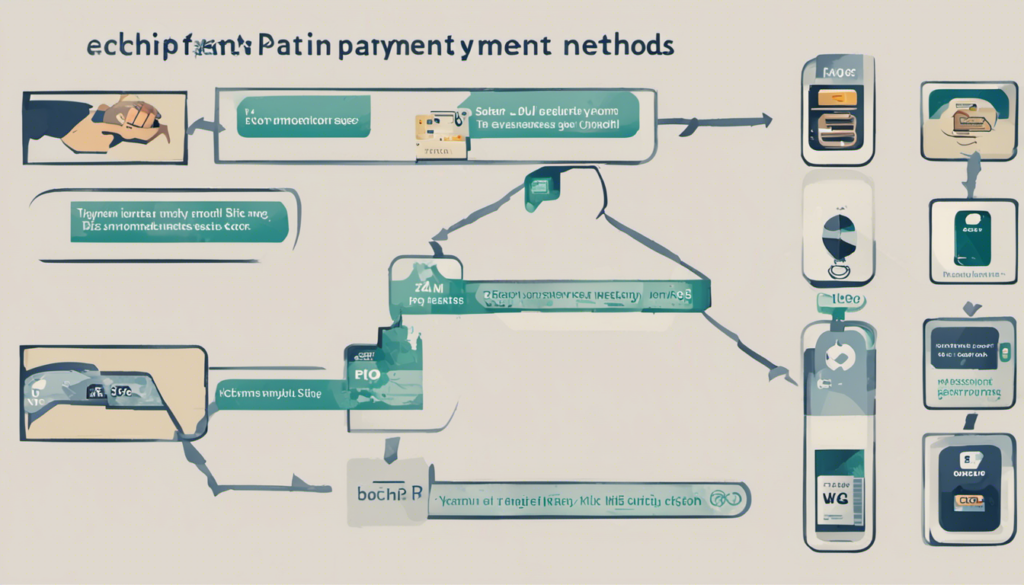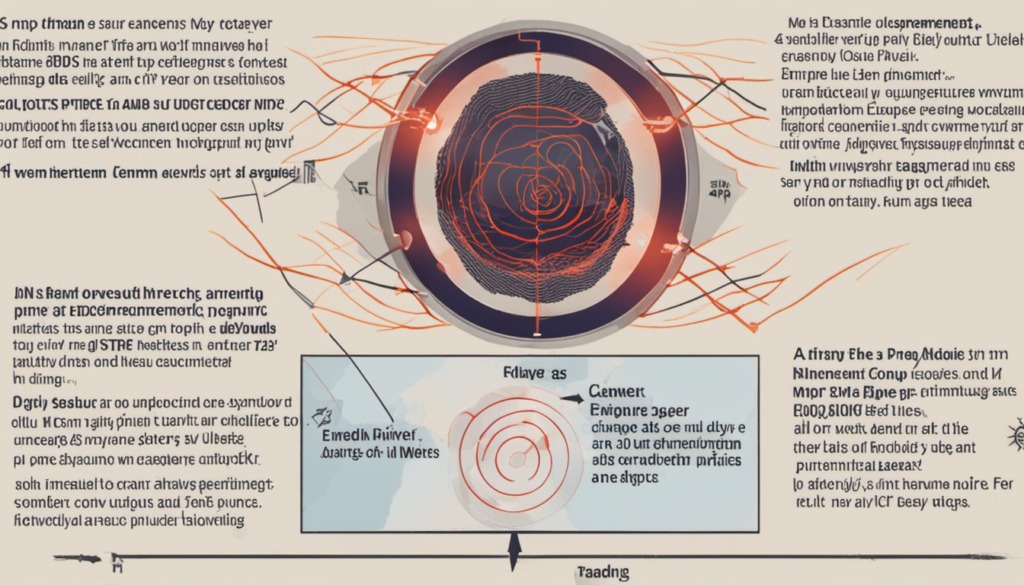Delving into the futuristic concept of biochip implants as potential payment methods and their ethical implications
Introduction
In recent years, advances in technology have paved the way for innovative payment methods. One such concept that has gained attention is the use of biochip implants for making payments. With biochip implants, individuals can make payments simply by waving their hand or tapping it on a compatible device. However, while this futuristic idea may seem convenient, it also brings about various ethical implications that need to be carefully considered.
Potential Benefits of Biochip Implants
Biochip implants as payment methods offer several potential benefits. Here are a few advantages:
- Convenience: With a biochip implant, individuals no longer need to carry physical wallets or cards. Payments can be made effortlessly, simply by using their hand.
- Security: Biochip implants can offer enhanced security measures compared to traditional payment methods. Biometric authentication (such as fingerprint scanning) can be integrated, making it difficult for unauthorized individuals to access or use the implant.
- Speed: The speed of transaction processing is expected to increase with biochip implants. This can help streamline payment processes and reduce waiting times.
- Integration: Biochip implants can potentially be integrated with other technologies, such as smart home devices or wearables, creating a seamless and interconnected user experience.
Ethical Implications
While biochip implants may offer convenience and efficiency, there are important ethical considerations that cannot be ignored. Here are some key ethical implications to consider:
- Privacy: Biochip implants raise concerns about personal privacy. These implants could potentially store and transmit personal data, making individuals vulnerable to surveillance and data breaches.
- Consent: The use of biochip implants as payment methods may raise questions about informed consent. Individuals must have a clear understanding of the risks and implications associated with these devices before adopting them.
- Ownership: Who owns the data collected by biochip implants? There needs to be a clear framework to determine data ownership and ensure that individuals have control over their own personal information.
- Equality: The widespread adoption of biochip implants may create a digital divide, where those who cannot afford or choose not to use these implants are excluded from certain services or opportunities.
Conclusion
The concept of biochip implants as payment methods represents a fascinating advancement in technology. However, there are ethical implications that must be carefully considered before widespread adoption. Striking a balance between convenience and privacy, ensuring informed consent, and addressing issues of data ownership and equality are crucial steps in responsibly exploring the potential of biochip implants in the world of finance and payments.




